
Explainer | Wong Jing helped movie stars Stephen Chow and Jet Li reach the next level, and ruled the 1990s Hong Kong box office. Why is he special?
- Sex, violence and lowbrow humour were director Wong Jing’s recipe for success in box office hits from the God of Gamblers trilogy to Royal Tramp to Naked Killer
- From helping Jet Li’s rise to parodying Wong Kar-wai, we look at the prolific Hong Kong filmmaker’s career and his formula for making movies
Ultra-prolific film director and producer Wong Jing ruled the Hong Kong box office in the 1990s. But what made Wong, who is still active, so special?
What’s Wong Jing known for?
Wong, who worked as a director, producer and screenwriter, generally made crude, audience-pleasing movies which mixed lashings of soft porn, gory violence, and lowbrow adolescent comedy. His films had no artistic pretensions, and were solely geared towards doing well at the box office.
Wong was the undisputed Hong Kong box office champion of the 1990s.
How youth romance Feel 100% captured the spirit of 1990s Hong Kong
Film academic David Bordwell summed up Wong’s films well.
“Nothing adolescent is off limits. We get love potions in Coke, itching powder in shorts, and scenes featuring drool and superglue. Royal Tramp includes a penis point-of-view shot,” Bordwell wrote.
Is it true he used to make pornographic films?
Wong excelled at making Category III films – adults-only movies consisting of a heady mixture of soft-core sex, violence and gore – in the early 1990s.

What is his filmmaking philosophy?
Wong claimed that filmmaking was a business and nothing more. He aimed to make films that brought audiences into cinemas and therefore provided a healthy profit for his investors, whom he always sought to keep happy.

“The bottom line in this business is staying power, and the secret to staying power is simple – treat film as a business and not your personal hobby,” Wong told the Post’s Winnie Chung.
“Look to the law of supply and demand. If you like a certain kind of movie, but the audience doesn’t want it, don’t make it.”
Wong is the ultimate crowd-pleaser. “I try to give the audience what they want,” he told critic Lorenzo Codelli.
God of Gamblers actress and Stephen Chow co-star Sharla Cheung: her career
What are his best films?
Wong, to date, has directed around 100 films, written around 200, produced around 160, and found time to act in around 70. He managed to achieve this seemingly impossible feat by streamlining his production process and delegating tasks to others.
God of Gamblers, made in 1989 and starring Chow Yun-fat, is still one of his best films, and started a wave of gambling movies. God of Gamblers 2, which features a clever slow-motion parody of Chow Yun-fat by Stephen Chow, is a lot of fun.
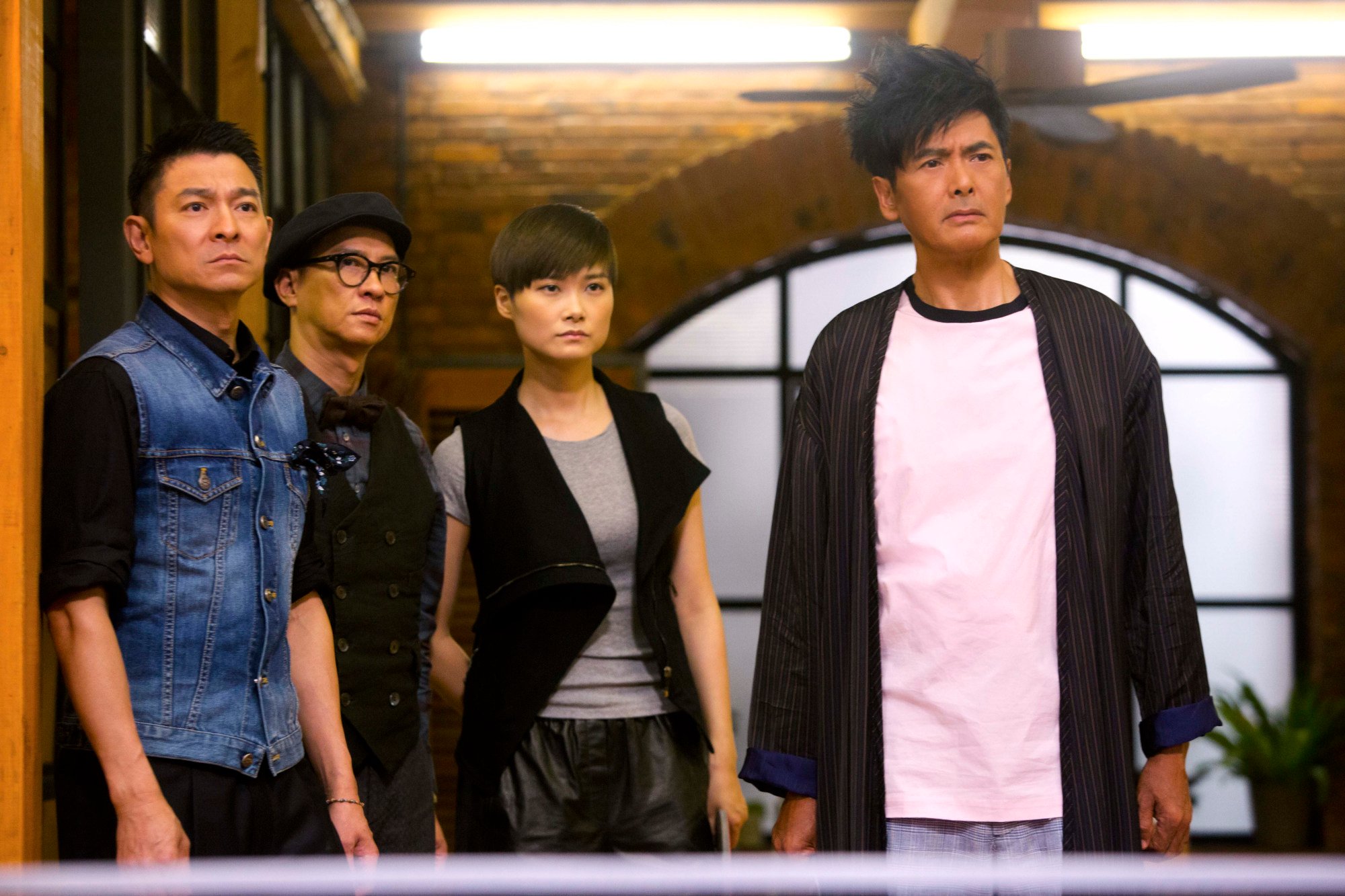
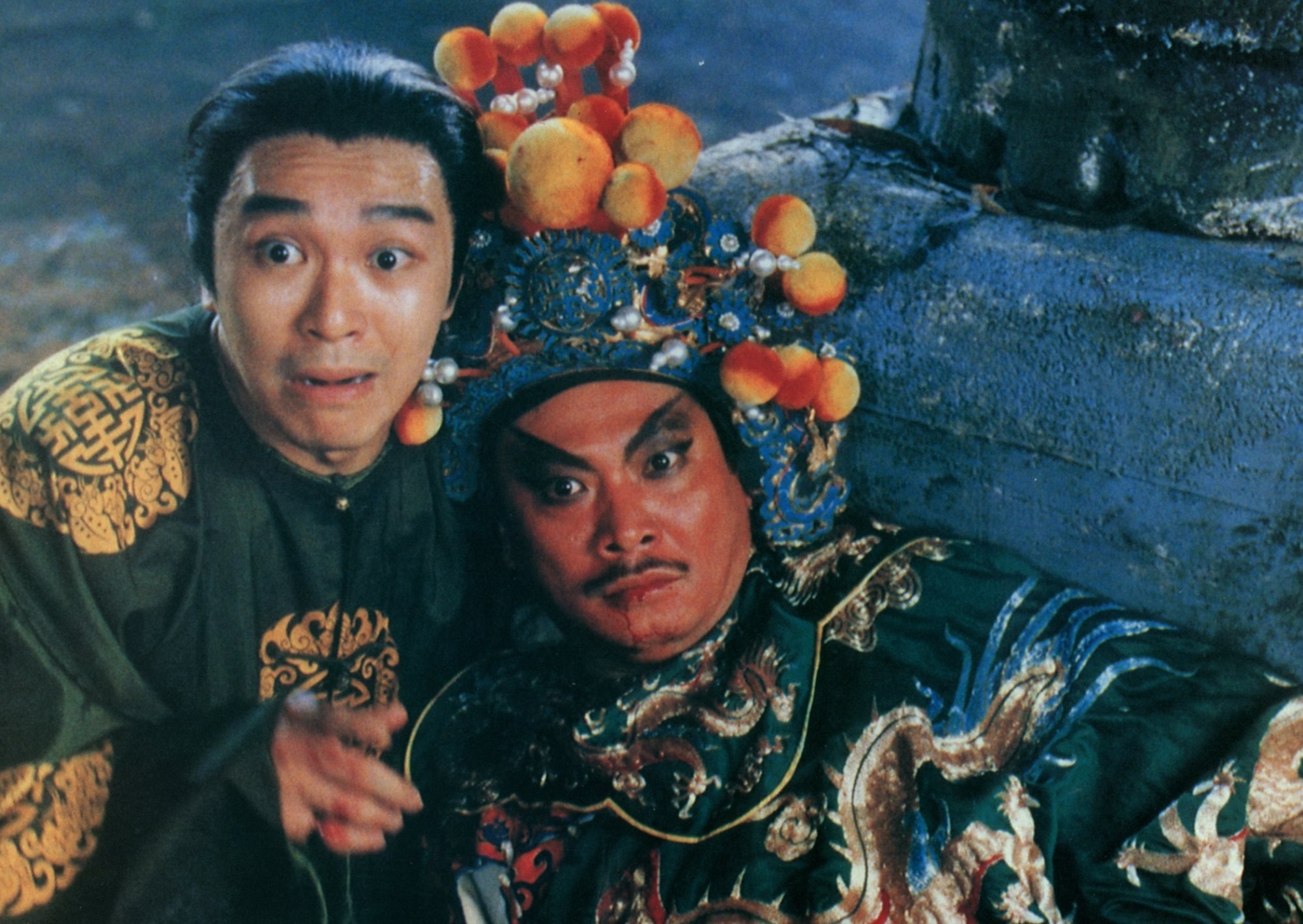
Wong also helped extend Jet Li’s appeal, film historian and novelist Grady Hendrix tells the Post.
What is the secret to Wong’s phenomenal success?
Wong was certainly a hard worker – he worked until midnight every day – although he did reportedly find time to play computer games. But hard work alone doesn’t usually lead to success of such magnitude.
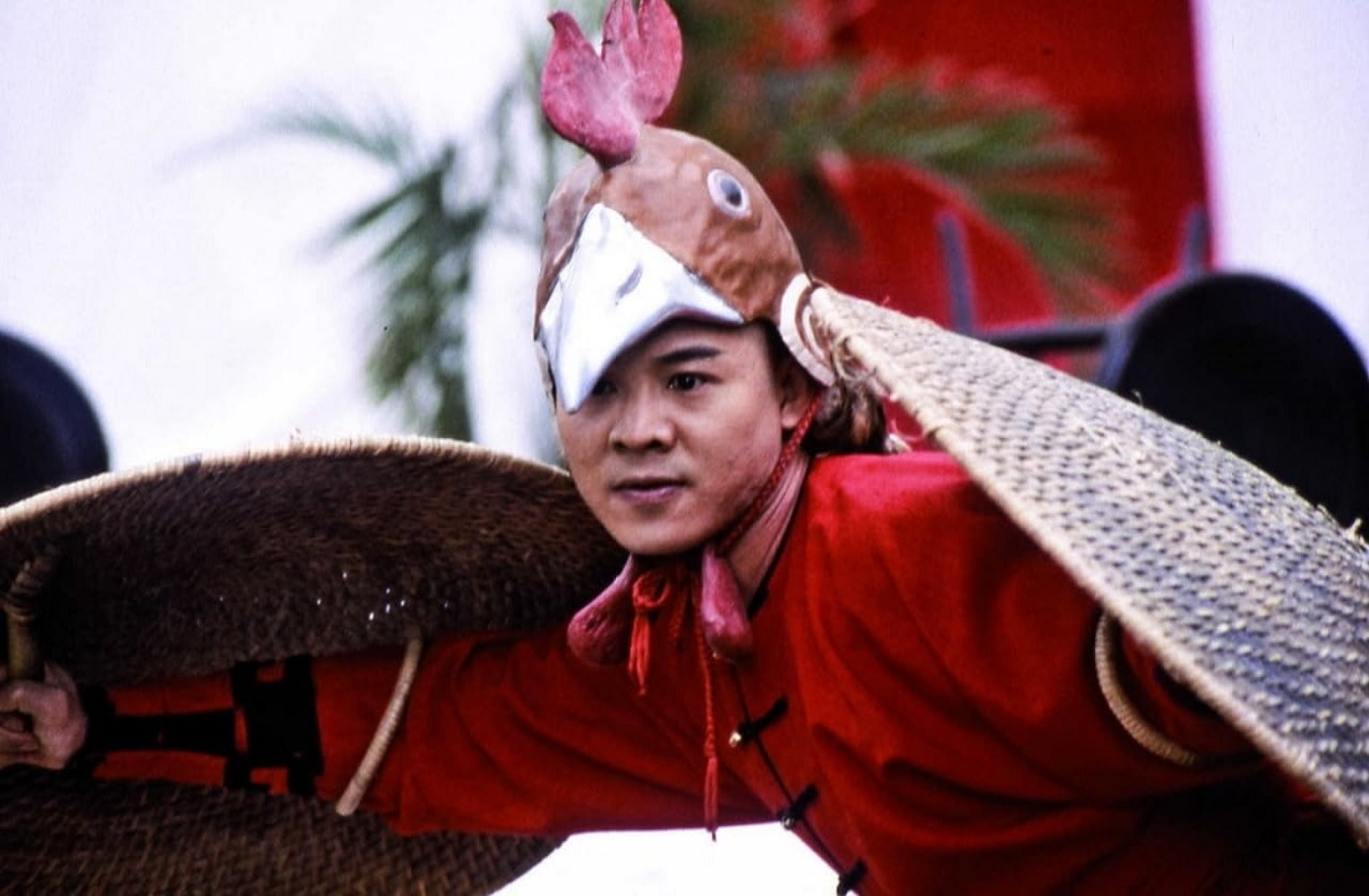
“His sensitivity to the tastes of the audience, his experience in making quick changes, and his knowledge of efficient production strategies led to a winning combination,” wrote critic Law Kar.
Hendrix says: “He spent years thinking about what audiences want and boiled it down to a formula: a little action, a little romance, a little comedy, and a lot of stars.”
“So the movies he makes have something for everyone. He’s not worried about entertaining foreign audiences or earning prizes at film festivals; he’s worried about making a profit, so he packs in as much as he can.
How Shaolin Soccer and Kung Fu Hustle refreshed the martial arts film genre
“If someone doesn’t like a romantic scene, it turns into an action scene halfway through and if they don’t like a joke, there are five more jokes coming next.”
Wong put his success down to his marketing strategies. He would consider the poster for a film idea, and if he couldn’t think of an image that would pique the interest of viewers, he wouldn’t make the film.
His poster of a half-naked Chingmy Yau Suk-ching wearing a bullet belt and holding a gun for Naked Killer became iconic.
Did he ever make an art film?
Wong was not against making art films in principle; he just said that they were not his thing.
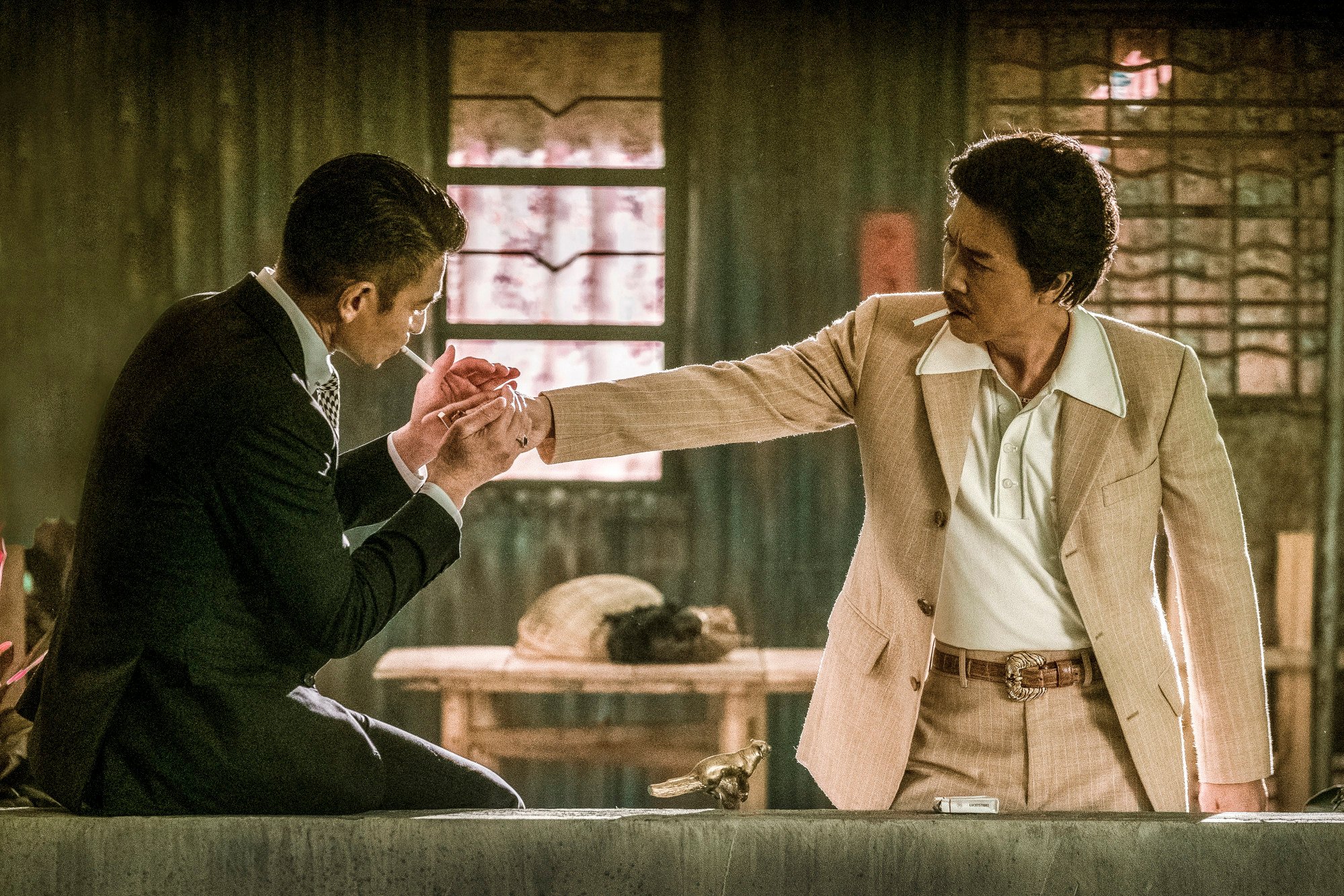
“It’s like comparing a guy who likes to run 100 metres with a guy who likes to run a mile,” he told website Hong Kong Cinemagic, noting that if he made an art film it would probably look amateurish.
How did he get his start in film?
Wong’s father, Wong Tin-lam, was a successful director in both film and television, and Wong followed him to the Hong Kong TV station TVB and wrote scripts for him for series such as Romance of Book and Sword.
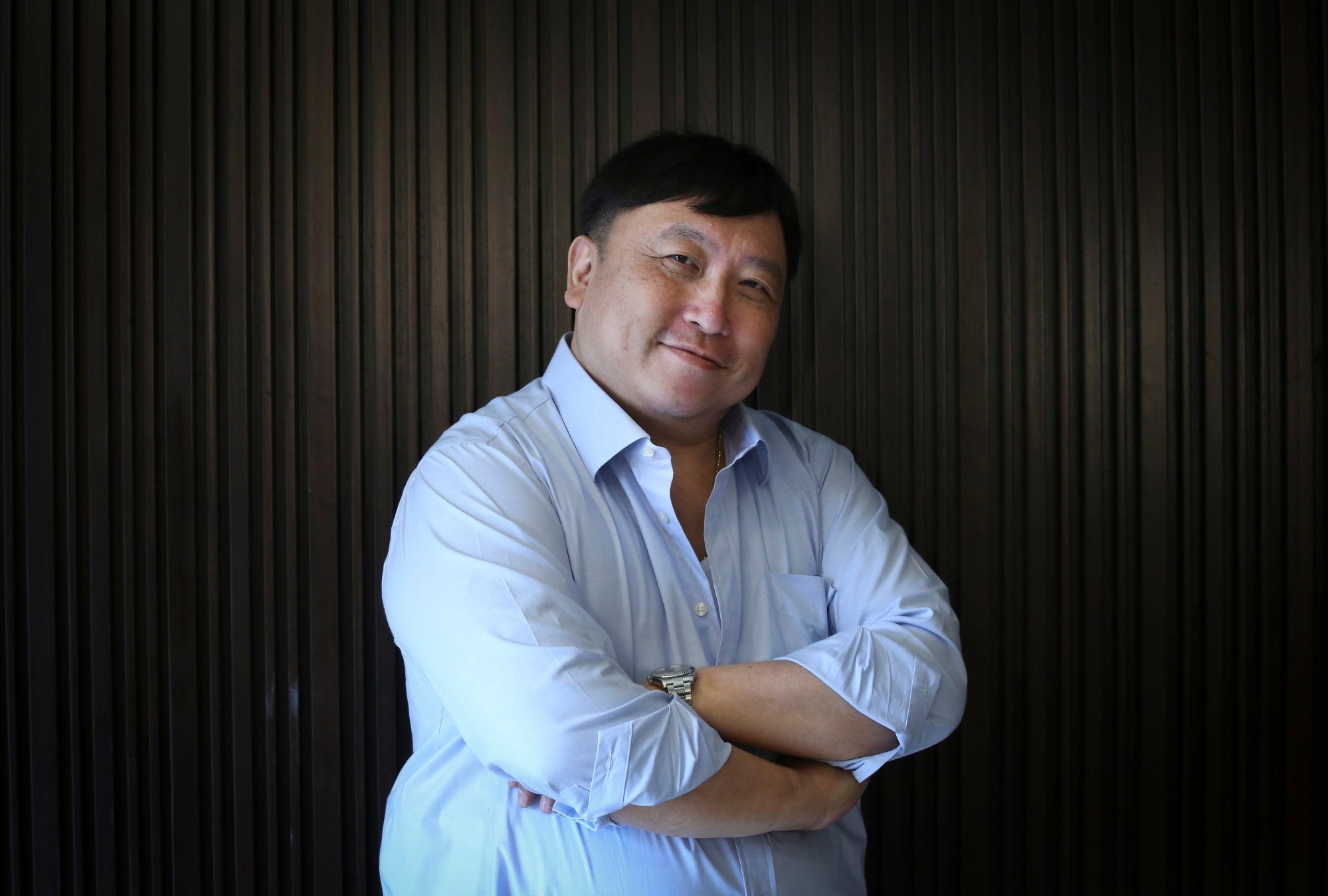
Is it true Wong invented mo lei tau slapstick comedy?
Yes, he invented it with Stephen Chow. Mo lei tau is often defined as a kind of humour that comes from Cantonese wordplay, but there’s more to it than that.
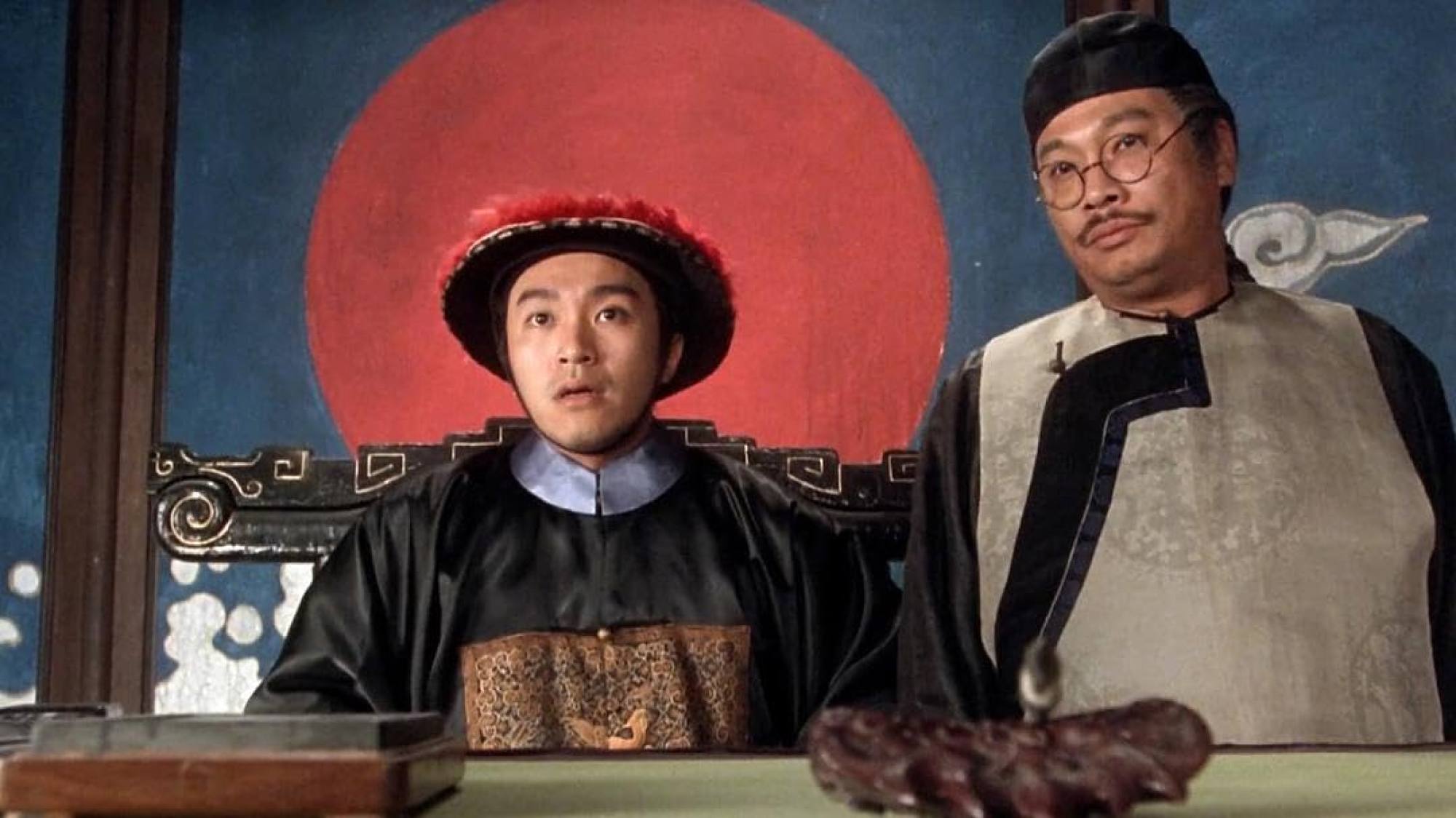
Perfected by Chow, it’s also very physical, revolving around one character’s reaction to an absurd movement or statement made by another – the comedy was often improvised and the reactions were real.
Wong said it originated from an idea to have Chow act in the exaggerated fashion of a Japanese cartoon character. He has also said there was no intention to create a comedic style – the two were just having fun messing around.
In this regular feature series on the best of Hong Kong cinema, we examine the legacy of classic films, re-evaluate the careers of its greatest stars, and revisit some of the lesser-known aspects of the beloved industry.
